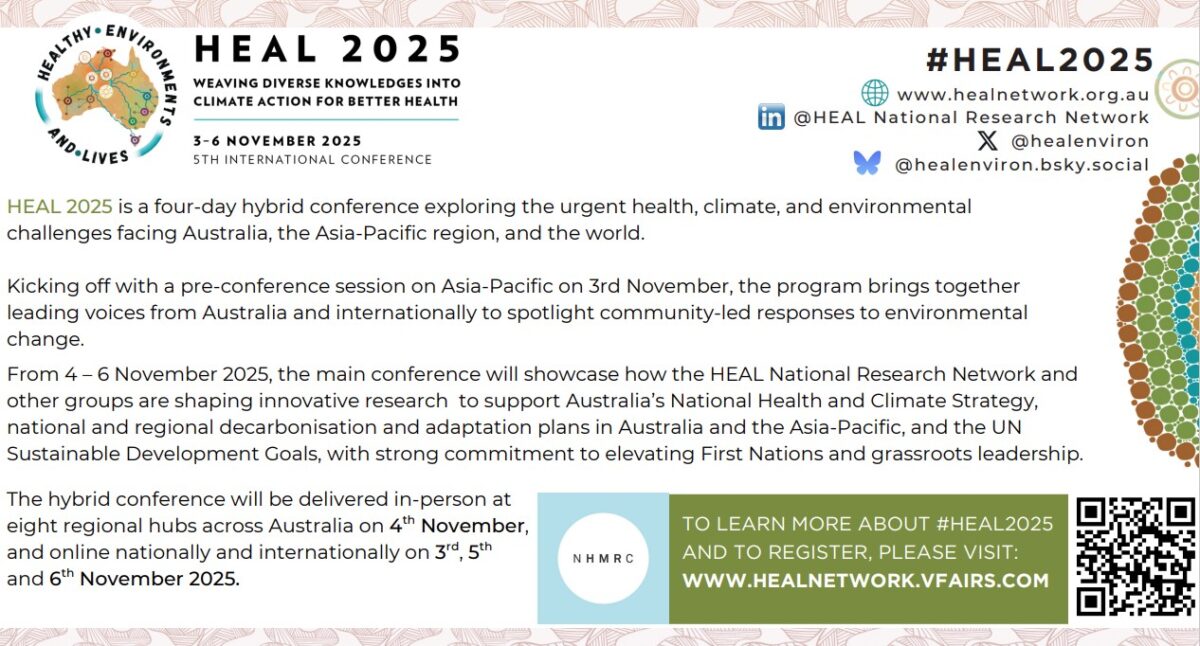Researchers said they hope the plan can turn worry into action amid rising climate risks.
Glasgow Caledonian University has received almost £100,000 to lead a national project aimed at helping households across Scotland better prepare for flooding – one of the country’s most pressing climate challenges.
The seven-month initiative, funded by the Centre of Expertise for Waters (CREW), is set to run until spring 2026 and aims to develop a practical, easy-to-use household flood plan which can be adopted by families across the country. It comes as new research suggests a worrying lack of preparedness among the public despite increasingly frequent and severe weather events linked to climate change.
According to data from Glasgow Caledonian, only 28% of Scottish households feel ready for a flood, while just 3% have taken practical steps such as installing resilience measures. Fewer than one in three receive flood alerts or weather warnings.
‘Flooding is one of Scotland’s biggest climate challenges, but too few people feel prepared,’ Dr Fiona Henderson, leader of the project in collaboration with the University of Glasgow and the James Hutton Institute, said. ‘By using insights from behavioural science, we want to help households take small, practical steps that could make a big difference when disaster strikes.’
At the centre of the project is a Household Flood Plan template, which offers a checklist of protective actions. These include guidance on how to how to safely switch off power and water, where to store key documents, and what to pack if evacuation is necessary. What’s more, the document is set to be professionally designed to ensure it is clear and accessible.
Going forward, Henderson said the project, which has been commissioned by the Scottish Government, SEPA (Scottish Environment Protection Agency) and the Scottish Flood Forum, will eventually become more than just a checklist.
‘This research explores whether filling out a household flood plan can be a powerful first step – boosting awareness, encouraging responsibility and leading to further protective actions such as fitting flood barriers,’ Henderson explained.
‘This work brings together research, community voices, and government support – not just to build Scotland’s resilience, but to share lessons internationally on how households can adapt to climate change.’
A final version of the Household Flood Plan template and guidance will be free toaccess on the CREW website in 2026, alongside a full report on the project’s findings.



